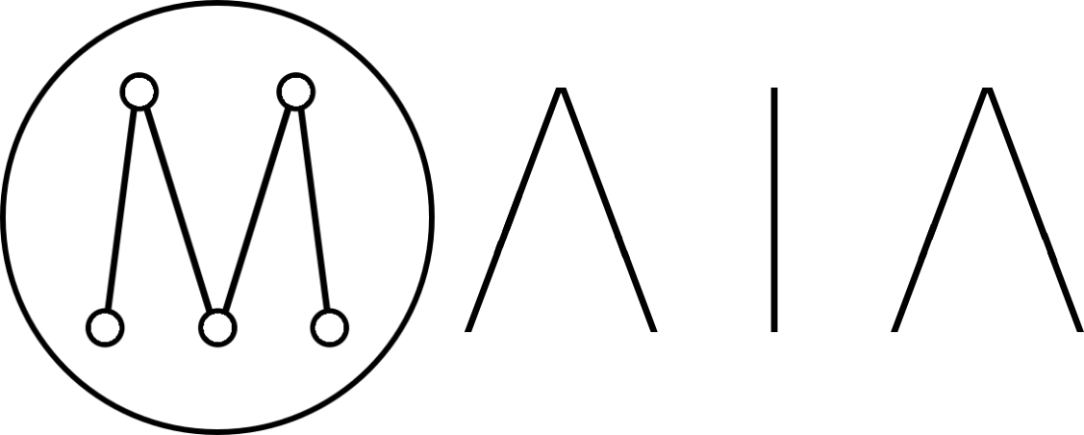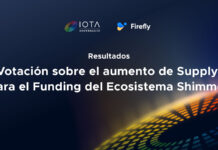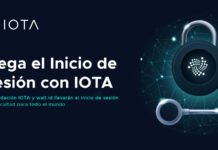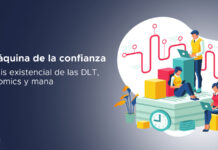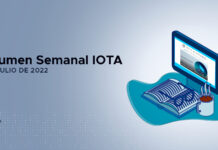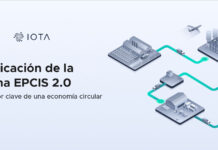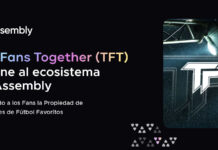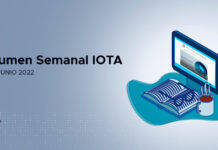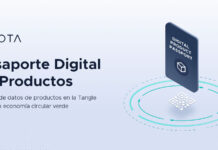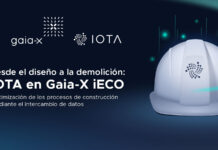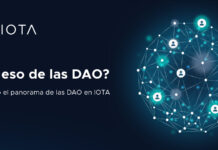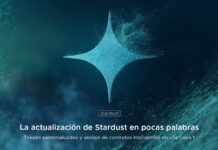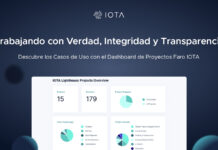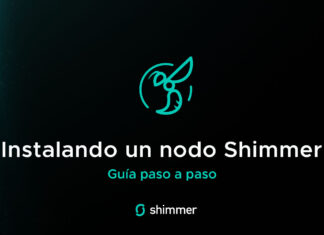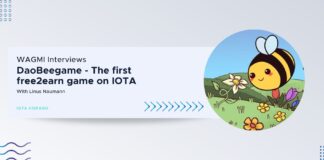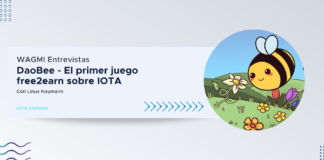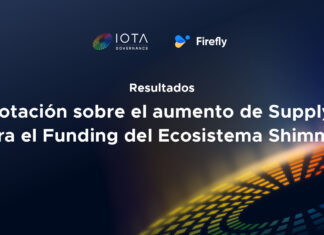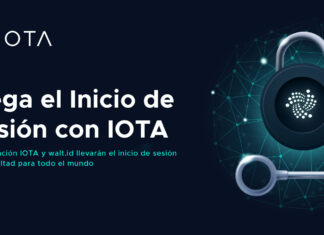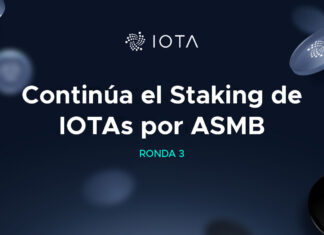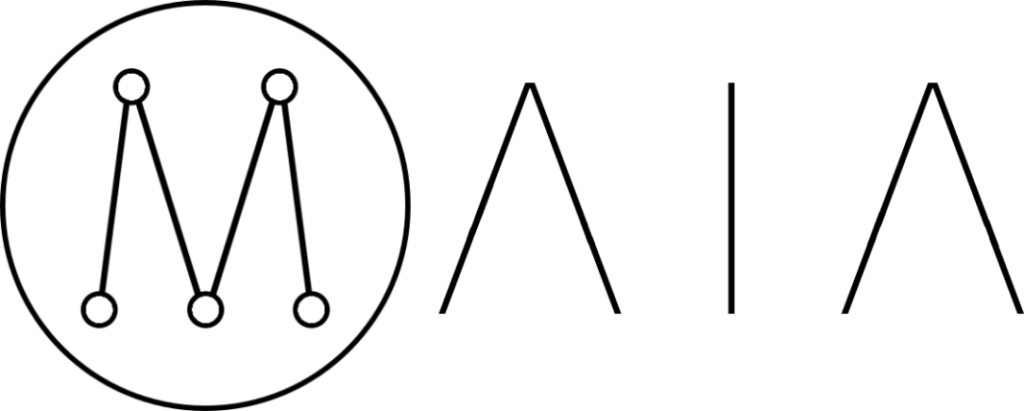
On the day of the date we bring you not one, not two projects but 3 projects carried out by the same person.
Javier Estrella will tell us about the projects he is working on and how they all come together.
Ezequiel Outon
Writer & Editor, IOTA Hispano
If you like what we are doing help us to continue working! Donate: http://www.iotahispano.com/donate/
Tell us a little about your background
I’m from a village located very close to Jaén, a city in the south of Spain and I’ve spent my whole life here; I hold a degree in Computer Sciences by the university of Jaén, I hold a PhD degree in Computer Sciences by the university of Jaén and I’ve worked for some years at the university of Jaén.
I’ve never worked on anything related to animals, but it’s something that has always interested and fascinated me. I’m quite pragmatic, and I’m not a vegetarian, I don’t belong to any organization for animal defense or anything like that, but I feel that in many cases animals live in dire conditions and I believe that humans are obligated to compensate them, but letting each one do it in the way he can best do it.
Under that belief I began to develop some time ago a platform from which I want to offer services for the care of animals. During these last months I’ve been interested more and more in DLT, and right now I dedicate all my time to this technology. DLT combines everything I like about computer science, distributed systems, cryptography, algorithms, networks, …, so it’s something I enjoy and what I feel comfortable.
I still feel that I’ve a lot to learn, but in the end, my interest is to apply DLTs to animal care and use them for issues such as veterinary health records, breed certificates or drug supply chain.
When and how was your first approach to IOTA?
I’ve developed for some years OSGi components for Eclipse RCP and RAP applications, so I’ve a general knowledge about Eclipse technologies. That’s why when I started with IoT technologies my decision on what technology stack to use was immediate, the Eclipse IoT stack. Eclipse IoT organizes each year a challenge to promote their tools and I thought it was a great opportunity to gain experience in the area; I commented the idea to some friends and we applied to this year challenge. We wanted to develop a system to store IoT events using a DLT. We look for information on the best DLT to implement our idea, we find the IOTA project and the rest is history.
We were runners-up in this challenge and now we are trying to create a working group focused on applying DLT in IoT, Trusting IoT, to continue exploring this technological intersection. Although we’re agnostic in terms of the technologies to use, all roads lead us again and again to IOTA.
Could you briefly explain what the MAM protocol is and what are its benefits?
MAM is an example of make a virtue of necessity.
IOTA uses cryptographic techniques that are resilient to quantum computing, which sometimes makes the use of addresses worse than a headache. MAM takes advantage of this to trivially offer communication channels that can operate both publicly and privately. If you take the above and you add the fact that this occurs in a DLT without fees, you find a technology with great potential.
Tell us about your MAIA project, what is it about and what do you want to achieve with it?
I’ve received some questions about what MAIA does that MAM does not do. I think it’s because it’s easy to think that MAIA is an improved version of MAM.
MAIA is just a way to use MAM. It offers only a one percent of what MAM offers and it has no advantage over MAM. However, MAIA gives you an optimized library to use MAM in a very specific way, so if you want to use MAM in that way, then I recommend you to use MAIA.
By making a similarity, you could see MAIA as a variable in the tangle that only you can modify; the name of the variable is the root of the MAM channel and the value of the variable is the content of the last message.
It’s quite trivial and I suppose that in the future MAM will incorporate functions to offer the same functionality.
Tell us about your second project called deltangle and at what point it joins the MAIA project
Deltangle is another trivial idea. It allows you to store text in the tangle, being optimized to store changes between versions. By mixing deltangle with MAIA you can choose the public version of a document.
The Kiri project, what is it about and how did the union with Kura occur to you?
Kiri emerges from our experience as competitors in the challenge of Eclipse. When you’re developing an idea, sometimes you need to have control over all the parts to understand the idea as a whole.
Kiri allows you to run a private IOTA testnet using Eclipse Kura, a modular IoT framework for IoT gateways. I developed it to support the experimentation, but I think it’s something with a lot of potential.
Can you imagine everything you can do if you could run your own private IOTA network in a LCSBC like a Raspberry PI?
Imagine a building, a neighborhood, a cluster of vehicles or any other organization registering immutable information in its own decentralized private network and sharing some of this information in other networks or in the public tangle.
Which of the 3 projects is the most advanced for its use?
I’m frank, they all work but none of them is ready to be used in production.
All of them are proposals originated in our group. Our approach is clear, we’re experimenting with some ideas and we’ve the skills to put them into practice, so we implement them and validate them.
It’s a way to show the potential of this technology and how easy it’s to create solutions. I developed Deltangle in a handful of hours, but if you go to its website and you use it you can check that the tool works.
I believe that this approach will allow us to attract the interest of other people who also want to learn and test their ideas.
What would your roadmap look like if you got access to funds?
We do not plan to request funding for these projects, although we’ve several ideas that we could implement it we had some funds.
I think Deltangle could evolve to be something like a CVS in the tangle. It would be nice to integrate MAIA into other libraries or deploy tools to use it. It would be also nice to have our own nodes for MAIA and Deltangle. Regarding Kiri, it would be good to develop some kind of dashboard, carry out some tests on other hardware or sell memory cards or even hardware ready to run private IOTA networks.
We do not want to make money with these tools, we’ve received some donations and we would like to spend it on some of the previous ideas, but our group is still small and our free time is limited, so most of our ideas are on standby.
What project are in need of investments?
None of the previous projects has been proposed with money in mind.
We have other ideas. In particular we’ve an idea in which we’ve been working for months and we began to believe that due to its complexity, without funding we may not be able to carry it out. For this case we’re pondering if we should apply for funding.
Do you have any other projects in mind you would like to pursue in the near future?
A lot.
Surely in a few weeks I’ll publish some other small tools such as MAIA or Deltangle. I think it could be cool to have some tool for chess-type games using MAM channels. It would be very easy to develop. Eventually you could have verifiable ELO rankings or even place bets.
I also want to develop a use case to guarantee optimal conditions in the transport of animals by road using MAM as a tracking code and capturing environmental data such as temperature, humidity or noise with a LCSCB.
Regarding our most ambitious projects, we’re working on a projected focused on the interconnection of multiple devices where we use IOTA as the backbone for the communications and also in something that would allow anyone to use colored coins and something similar to smart contracts; but without the smart.
Personally I would like to develop some OSGi components in order to integrate IOTA directly into modular applications in desktop or LCSBC.
If you like what we are doing help us to continue working! Donate: http://www.iotahispano.com/donate/


